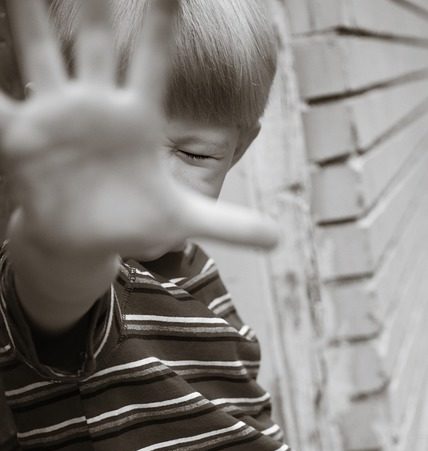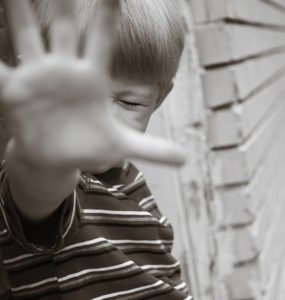She Was 11, with an Eating Disorder — But She Had No Body Image Issues
 If I had been asked to list my parenting worries, my daughter dying from a heart attack caused by an eating disorder wouldn’t have made the cut. Norah scoffed when doctor after doctor asked her about body image. “I like the way I look; my body is fine,” she said. “I’m just nauseous.” Read more ›
If I had been asked to list my parenting worries, my daughter dying from a heart attack caused by an eating disorder wouldn’t have made the cut. Norah scoffed when doctor after doctor asked her about body image. “I like the way I look; my body is fine,” she said. “I’m just nauseous.” Read more ›


 Mental health among autistic individuals is an underdeveloped area of research—a situation that many autistic people are advocating to change. This is especially crucial since rates of depression and thoughts of suicide are higher among autistic people than in the general population.
Mental health among autistic individuals is an underdeveloped area of research—a situation that many autistic people are advocating to change. This is especially crucial since rates of depression and thoughts of suicide are higher among autistic people than in the general population. 
 Genetic tests for depression and anxiety treatments are part of a rapidly growing field called “personalized” or “precision” medicine. Instead of your doctor prescribing drugs based primarily on factors like weight and age, the tests show how a drug will affect you as an individual. Using your DNA, they compare how your particular genetic makeup affects how your body processes key components in antidepressants and anti-anxiety drugs. For instance, if you metabolize a certain chemical slowly, you may need a lower dose of a medication. These tests can also increase patient safety by identifying drugs that may cause undesirable interactions or side effects.
Genetic tests for depression and anxiety treatments are part of a rapidly growing field called “personalized” or “precision” medicine. Instead of your doctor prescribing drugs based primarily on factors like weight and age, the tests show how a drug will affect you as an individual. Using your DNA, they compare how your particular genetic makeup affects how your body processes key components in antidepressants and anti-anxiety drugs. For instance, if you metabolize a certain chemical slowly, you may need a lower dose of a medication. These tests can also increase patient safety by identifying drugs that may cause undesirable interactions or side effects. 
 During the stressful teen years, most adolescents experience emotional highs and lows, but for more than
During the stressful teen years, most adolescents experience emotional highs and lows, but for more than 
 Navigating love and relationships can be difficult at any age, but especially so in the angsty teenage years. Budding romances can be fun and exhilarating but also confusing and uncomfortable. In these moments of confusion, teens often turn to friends or the internet for advice. But what if teens were trained with other options? What if lessons in love and romance were taught more explicitly in schools and at home?
Navigating love and relationships can be difficult at any age, but especially so in the angsty teenage years. Budding romances can be fun and exhilarating but also confusing and uncomfortable. In these moments of confusion, teens often turn to friends or the internet for advice. But what if teens were trained with other options? What if lessons in love and romance were taught more explicitly in schools and at home? 
 A study finds that teenagers report feeling all kinds of positive and negative emotions when describing the same social media experiences — posting selfies, Snapchatting, browsing videos — but the majority rate their overall experiences as positive.
A study finds that teenagers report feeling all kinds of positive and negative emotions when describing the same social media experiences — posting selfies, Snapchatting, browsing videos — but the majority rate their overall experiences as positive. 
 It’s natural for parents to do whatever they can to keep their children safe and healthy, but children need space to learn and grow on their own, without Mom or Dad hovering over them, according to new research published by the American Psychological Association. The study, published in the journal
It’s natural for parents to do whatever they can to keep their children safe and healthy, but children need space to learn and grow on their own, without Mom or Dad hovering over them, according to new research published by the American Psychological Association. The study, published in the journal 

